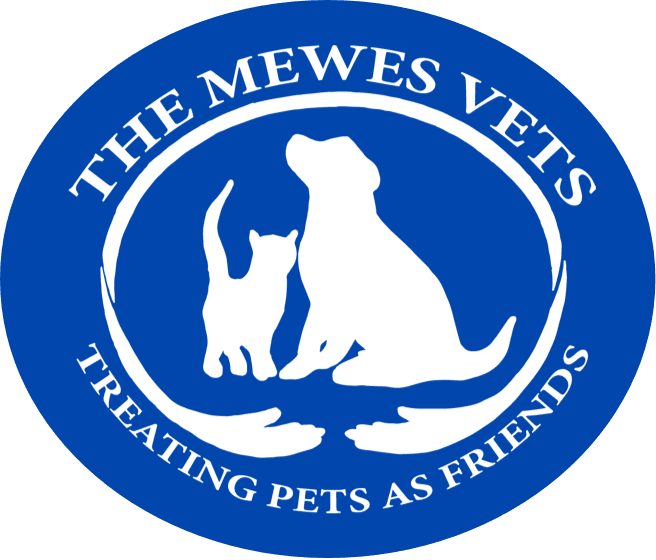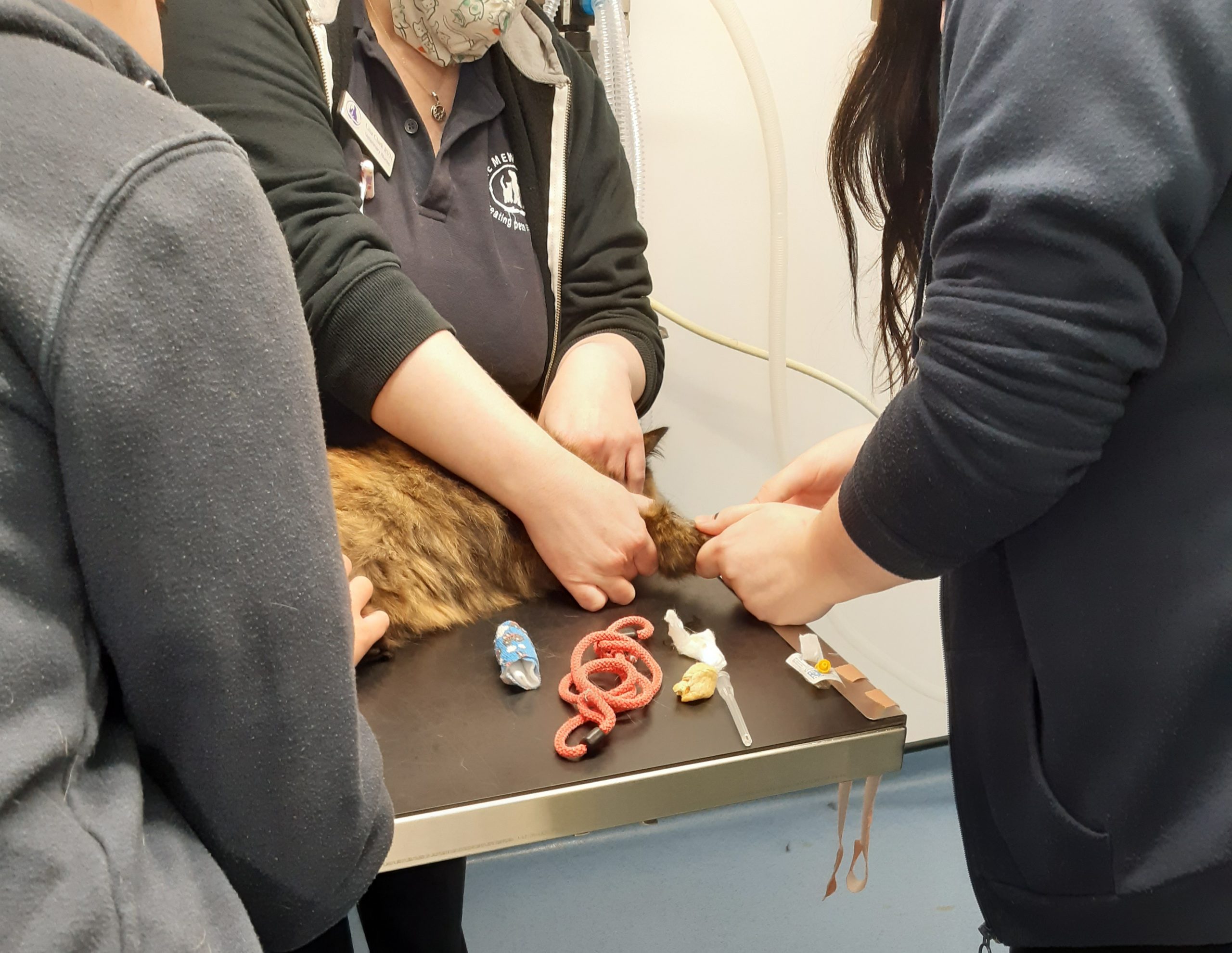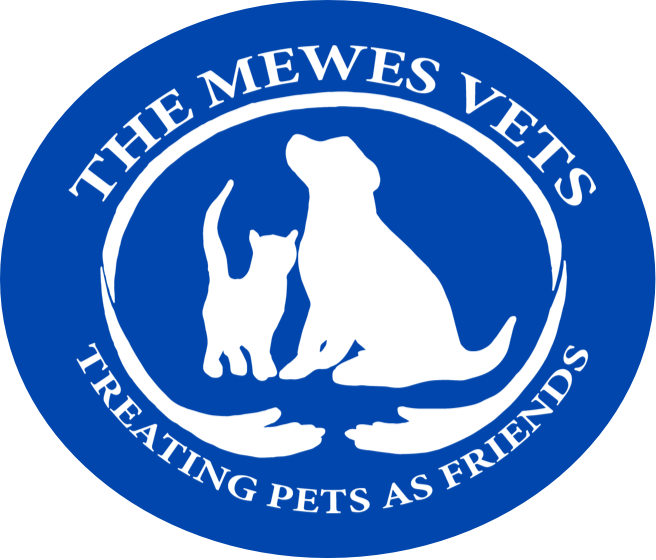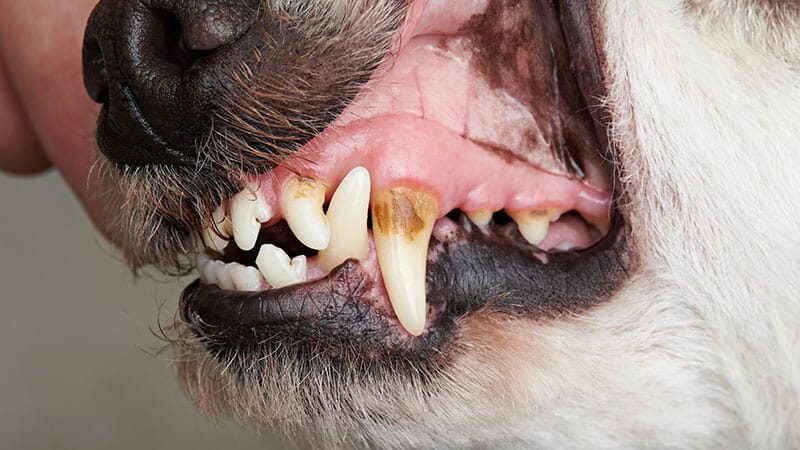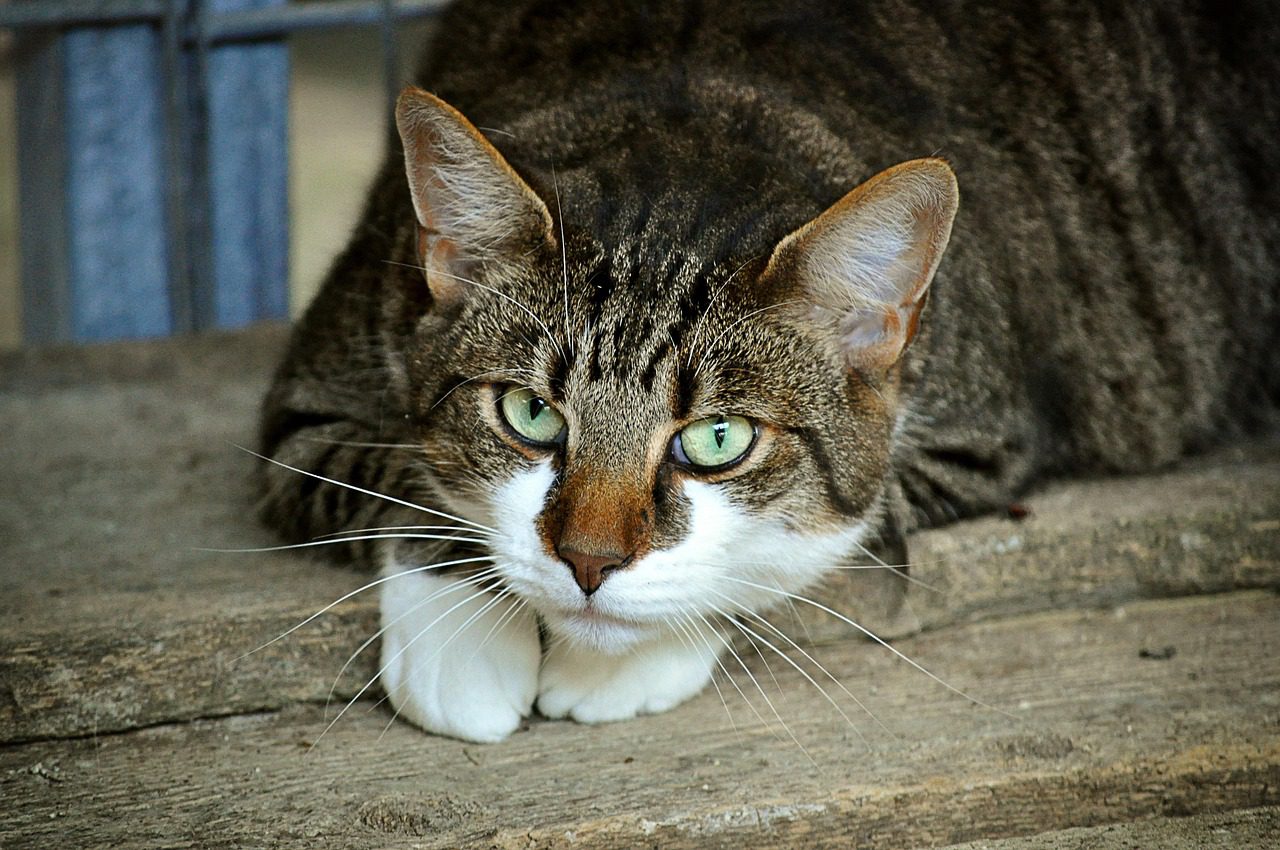I had a very special message from one such school student recently.
She wrote to thank us and let us know that she had just heard that she had won her place at vet school in Cambridge. I felt very uplifted that we had played a small part in that success, and that she had remembered our part enough to write.
We hadn’t seen her throughout lockdown, but before that it was her routine to join us for a few hours after school one evening a week. I enjoyed our chats, and am proud to know I played a small part in assisting her to realise her dream.
This year we have at least two youngsters visiting us regularly who have both applied to vet school. I am concentrating our conversations on topics that I think might crop up at the interview.
What diseases do we regularly vaccinate pets against?
What part is the new monoclonal antibody technology having in advancing veterinary medicine?
What is One Health, and how are veterinary surgeons playing their role in managing and preventing future pandemics.
What is a zoonosis (eg COVID19) and how can veterinary surgeons lead the way in their prevention?
A zoonosis is any disease that can be transmitted from animals to people, by the way. As a vet, I always have to be conscious of the risk that a pet I am handling might be a risk to my health and that of my team.
Conversations with our work experience students help to keep my brain young and active.
Roundworms in both dogs and cats are a zoonosis, so it is vital that pets are de-wormed to reduce the risk of illness in children.
But sometimes, when I find myself repeating for the fifth time in the day the importance of regular worm prevention, a conversation of a more scientific nature can be as rewarding for me, as I hope that it is for the student.
If you know a young person looking for a career with animals, why not suggest that they contact us for work experience?
